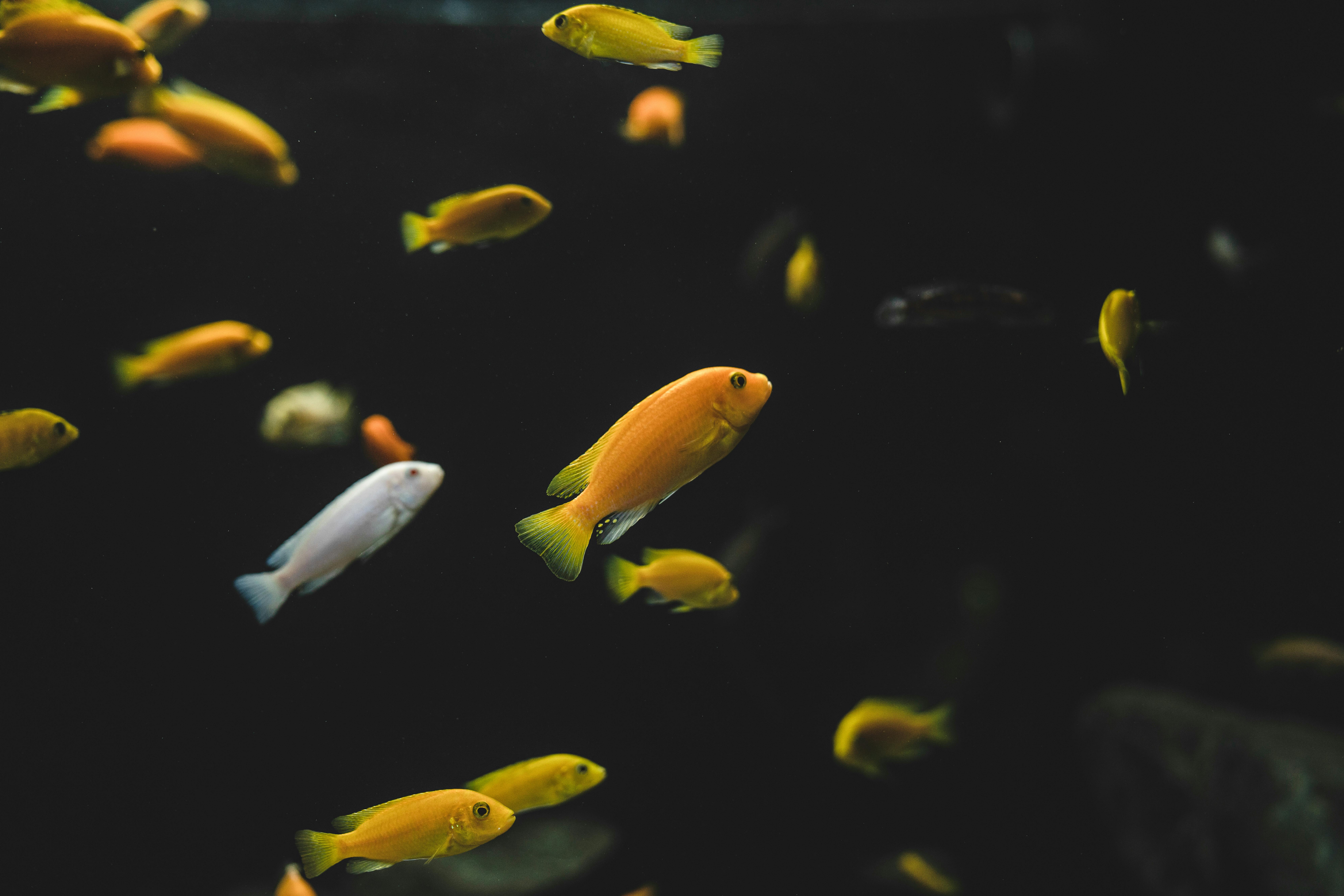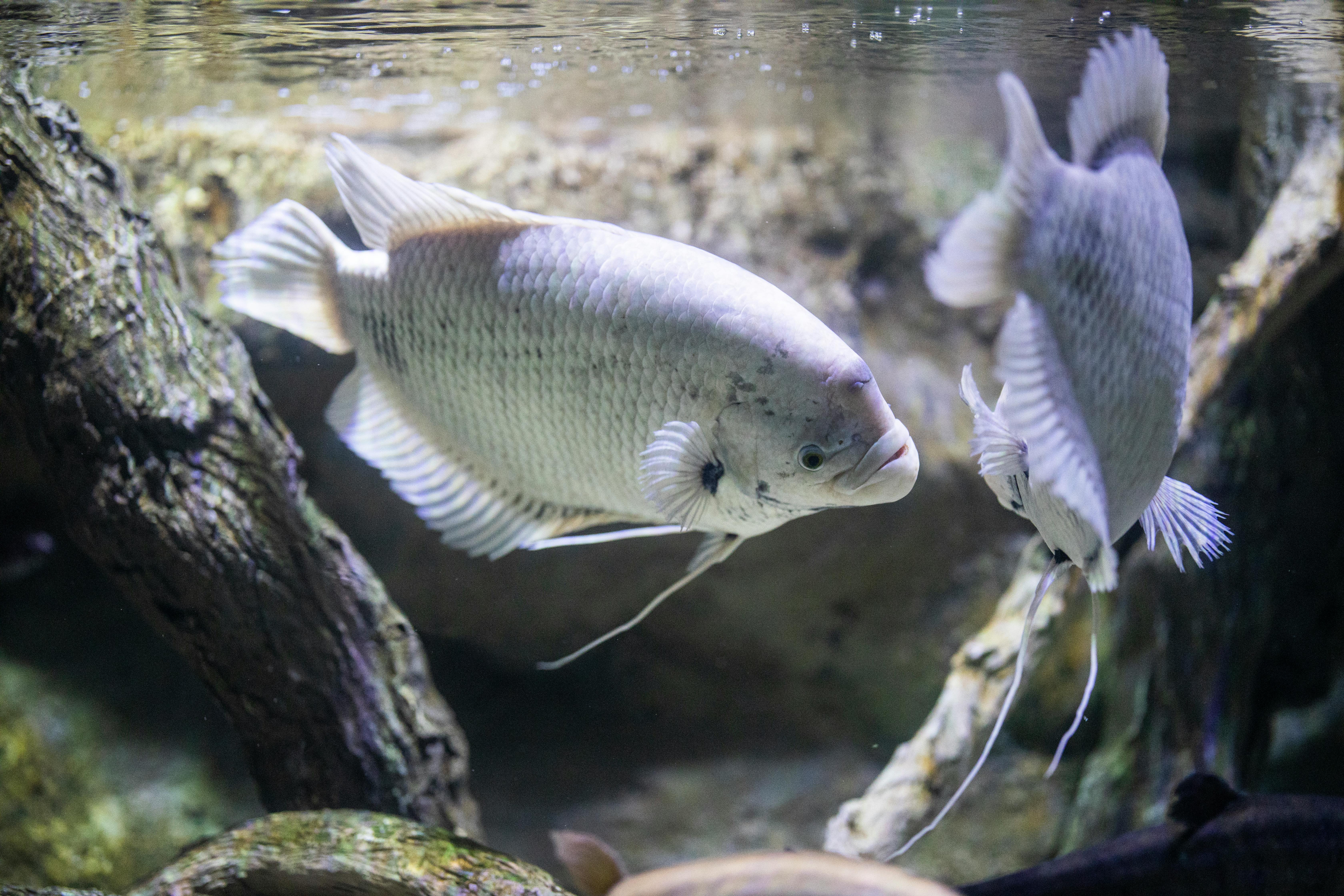
Apply Now


Top 5 Effective Tropical Fish Food Options for Healthy Aquariums in 2025
Understanding Tropical Fish Nutrition
Tropical fish require a balanced diet that meets their unique nutritional needs for optimal health, growth, and vibrant coloration. The right tropical fish food supports essential functions such as metabolism, reproduction, and immune system health. As an aquarist, understanding the ingredients in various fish food types is vital. You'll find a variety of options, including fish flakes, pellets, and specialized foods tailored to specific species like bettas, guppies, and angelfish. Proper tropical fish nutrition ensures that your aquatic ecosystem flourishes, leading to a thriving freshwater or marine aquarium. Maintaining water quality is also crucial in conjunction with providing quality fish food. The relationship between your fish's diet and water conditions cannot be overstated. For example, high-protein fish food can lead to uneaten food settling at the bottom, hence affecting water quality. Transitioning to quality products not only enhances fish health but also impacts the overall aquarium environment positively.1. High-Quality Fish Flakes
Fish flakes are a staple in many aquariums and come in diverse formulas catering to various fish species. Whether you're feeding fish food for bettas, guppies, or cichlids, look for high-quality fish flakes that are enriched with vitamins. These fish flakes often contain essential ingredients that provide a balanced diet for fish. Premium brands offer nutritional profiles tailored to the specific dietary needs of fragile species or livebearers. One of the most notable benefits of using fish flakes is their convenience. They float on the water's surface, making them easy for surface feeders. Remember to check the feeding frequency to prevent overfeeding, which may lead to poor water quality.2. Nutrient-Rich Fish Pellets
Fish pellets provide a fun and nutritious alternative to flakes. Floating and sinking fish pellets are available to cater to different feeding habits across species. High-protein fish food pellets, specifically designed for aggressive feeders like discus or for tender species such as neon tetras, ensure that every fish gets their share without the hassle of leftover food affecting the tank's water quality. The formulation of these pellets often includes fish meal and healthy fats, making them an excellent choice for growth and vitality. When considering fish pellets, select those that offer high bioavailability of nutrients to ensure your fish can digest and utilize the food properly. This versatility in use makes fish pellets a popular choice for both novice aquarists and seasoned fish keepers alike.3. Freeze-Dried Tropical Fish Treats
Treats such as freeze-dried bloodworms and brine shrimp offer a delectable snack while ensuring nutritious conditions for tropical fish. These treats provide an excellent source of protein and are widely accepted by various species, enhancing the overall diet. They are particularly effective for finicky eaters or during breeding periods. However, it is essential to incorporate these treats sparingly in the diet to maintain a balanced feeding regimen. Over-reliance on treats can result in nutritional imbalances, so always monitor your fish's diet to keep it varied and healthy. [Explore more about high-quality fish food options here.](https://example.com/)
4. Specialized Fish Food for Unique Species
Different species have distinct dietary requirements that are critical to their well-being. For example, fish food for shrimp focuses on high-fiber fish food, while cichlids thrive on specifically formulated quality fish pellets that meet their dietary needs. Utilizing specialized fish food for specific varieties not only promotes growth but also enhances their natural behaviors and coloration. Many brands now cater to niche markets, creating gourmet fish food that appeals to the needs of various tropical fish. Knowledge of your fish's species and corresponding diets enables aquarists to make educated decisions about their feeding practices. In addition to promoting healthy growth and color, specialized fish food can also play a part in breeding activities. Proper nutrition during these phases increases the chances of successful spawning and fry survival.5. Organic and Homemade Fish Food Options
With growing awareness of sustainable living, many aquarists are turning to organic fish food options or even homemade fish food recipes. Homemade recipes allow for control over ingredients, ensuring that your fish receive nutrient-rich food without additives that can harm their aquatic environment. Ingredients such as spirulina, flaxseeds, and finely chopped vegetables can create a well-rounded diet rich in vitamins and minerals. Additionally, specialized recipes can be tailored to suit the specific needs of your fish, whether they are carnivorous or herbivorous. Understanding your fish's dietary habits plays a significant role in their long-term vitality. When considering the integration of homemade or organic food into your fish's diet, be sure to monitor their feeding behavior closely, adjusting portions and ingredients as necessary to maintain a happy and healthy tank.